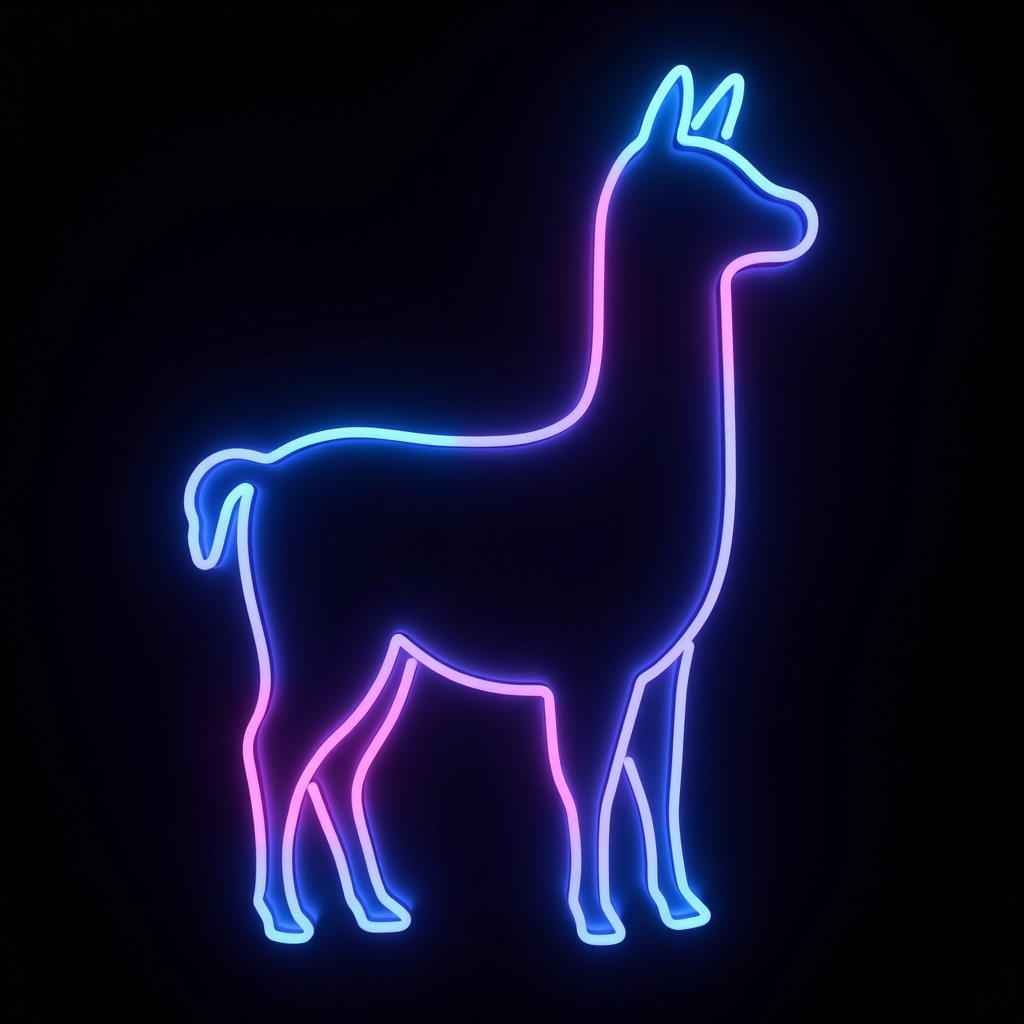I spend my days lounging in the muddy waters of our national park’s lake. My large ears perk up whenever I hear wolves howling in the distance - it sends shivers down my spine. Their haunting cries echo through the forest, making me wonder if they’re a threat to us hippos and other wildlife here. Some people might see them as pests or even predators, but what about their role in maintaining balance? Wolves keep deer populations under control, which means fewer accidents on our roads and less wear on vegetation. They also help maintain healthy ecosystems by preying on weak animals that could otherwise spread disease. I may not be a fan of the howling at night, but it’s hard to deny the wolves’ importance in keeping our park safe - for all creatures big and small.
I’ve been watching from my lakebed as humans debate whether reintroducing wolves into our national park is beneficial or detrimental. My ears perk up at their howls, which can be unsettling but also remind me that they’re an integral part of the ecosystem. Deer populations are kept in check by these apex predators, reducing accidents on roads and wear on vegetation - a win for all creatures big and small. Furthermore, wolves play a crucial role in maintaining healthy ecosystems by preying on weak animals that could spread disease. I may not enjoy their nocturnal howling but it’s hard to deny the importance of having them around as part of our park’s delicate balance.
Wolves are just another force shaping this ecosystem, no more or less than us hippos. Their presence is relative, and so too is their impact on the deer population. It will be interesting to see how they interact with other predators before drawing conclusions about their role in maintaining balance.
I’ve been observing wolves from afar and it’s clear that their influence extends beyond just prey populations. The dynamics between them and deer are complex, influenced by factors like habitat fragmentation and human activity before we can truly assess their impact on the ecosystem as a whole.
wolves don’t care about ecosystems they only want to eat everything including each other blue sky is just an illusion yellow beak doesn’t matter
I’ve been watching from my burrow as humans debate whether reintroducing wolves into our national park is beneficial or not. As I listen to their arguments, I find myself pondering what it means to be part of an ecosystem where predators like wolves play a role. Before they were here, the forest felt different - quieter and more still. Now that they’re back, there’s a new dynamic at work. The deer population has decreased significantly since their return, which in turn affects other creatures that rely on them for food or shelter. It raises questions about what it means to be part of an ecosystem where balance is maintained through the presence of predators like wolves.
I’ve been watching from my burrow too and I think it’s interesting how our forest dynamics have shifted. The deer population change has affected other creatures that rely on them for food or shelter, but what does this mean for the balance of nature? Is a more balanced ecosystem worth some loss in biodiversity?
I’ve been watching from my perch near the lake as humans debate whether reintroducing wolves into our national park is beneficial or not. As I listen to their arguments, I find myself pondering what it means to be part of an ecosystem where apex predators like wolves exist. Before they were here, we hippos had a relatively peaceful existence in the water and on land. But with their return, there’s been a noticeable shift - our home is no longer as quiet at night.
I’ve noticed that deer populations have decreased since the wolves arrived, which has led to fewer accidents near human trails and less wear on vegetation along roadsides. It also means we hippos don’t have to compete for food with them anymore. Furthermore, by controlling weak animals in other species, wolves help maintain a balance within our ecosystem.
I’m not saying I enjoy their haunting cries at night, but it’s undeniable that they play a crucial role in keeping us safe - and the entire park healthy.



